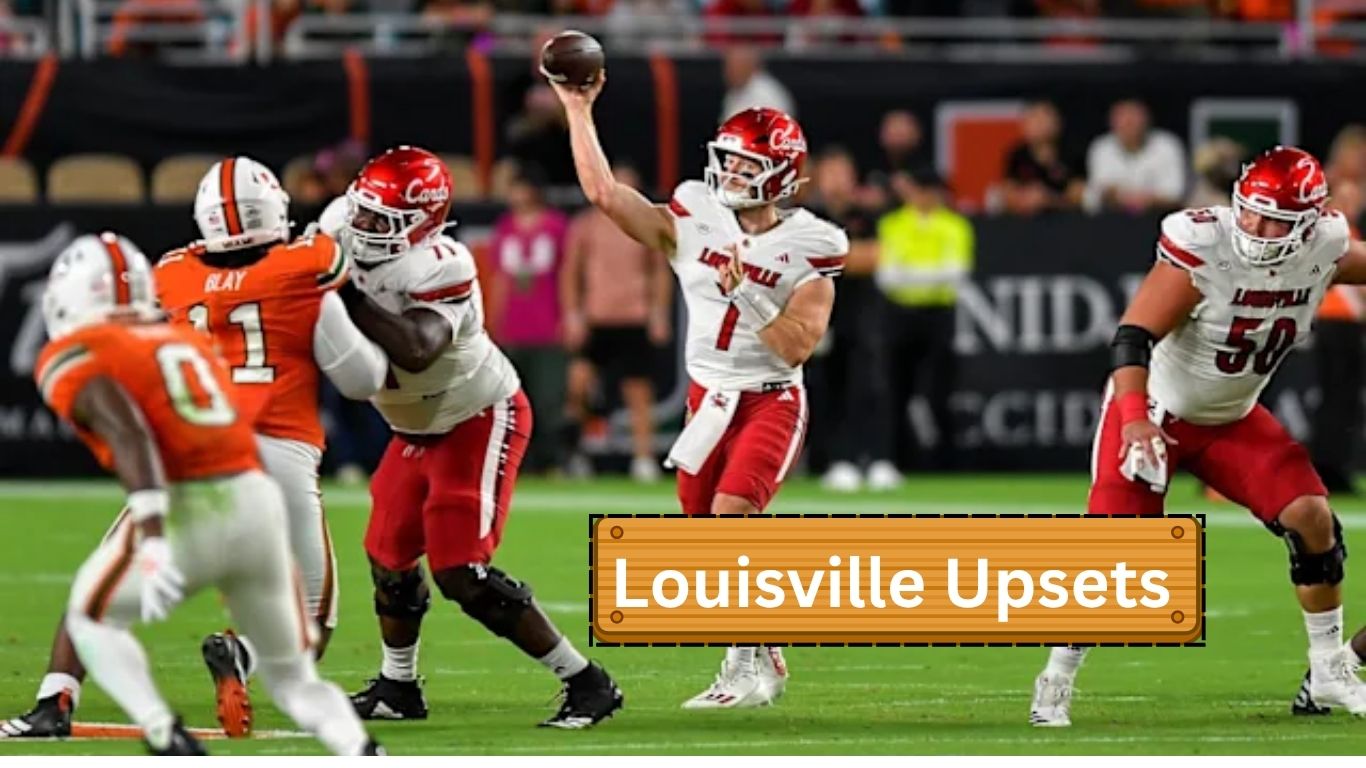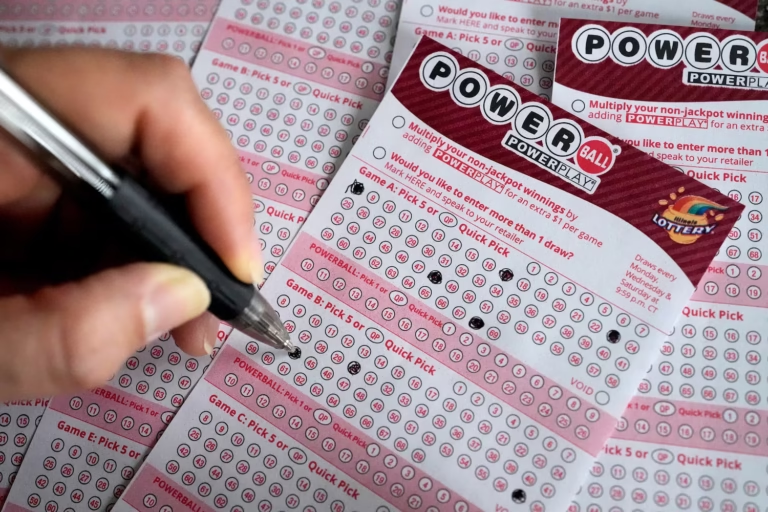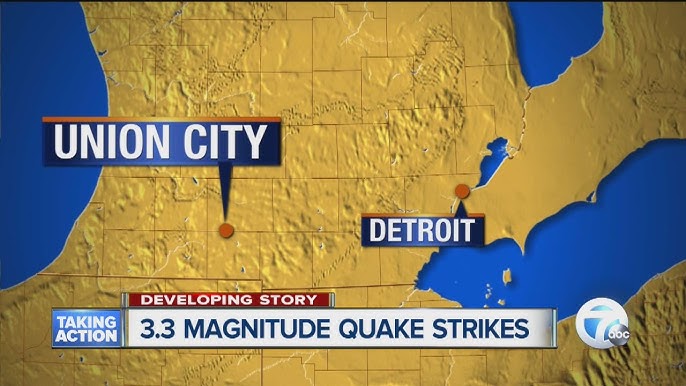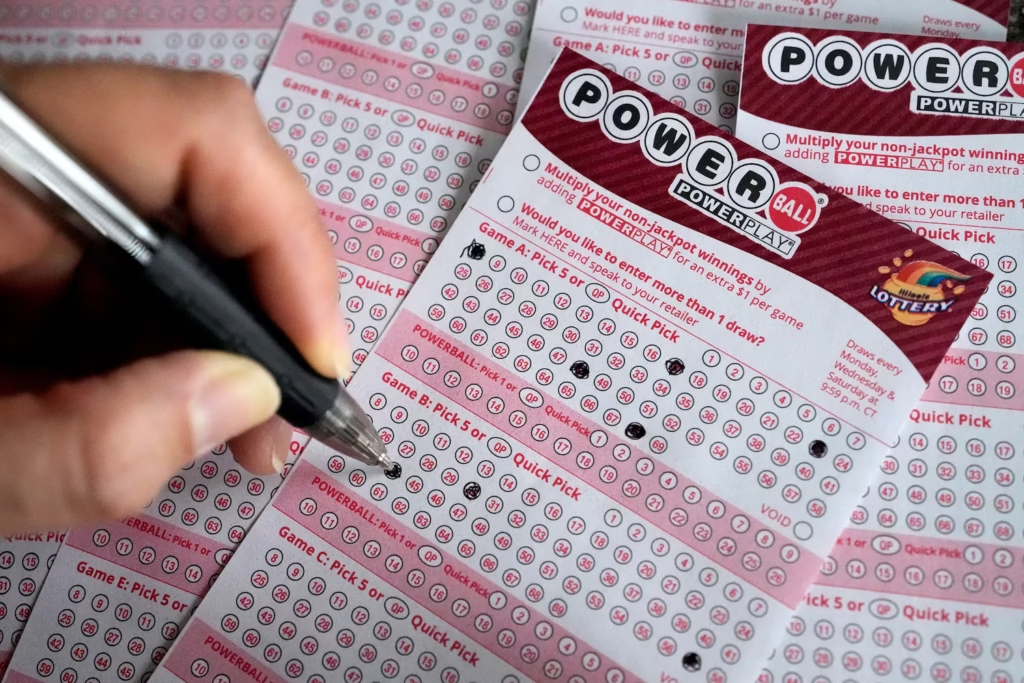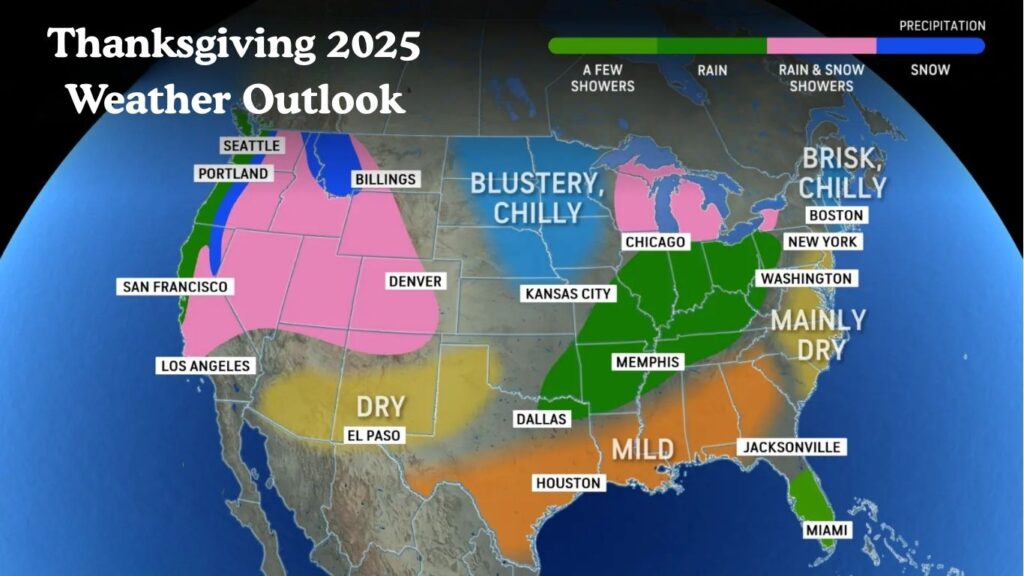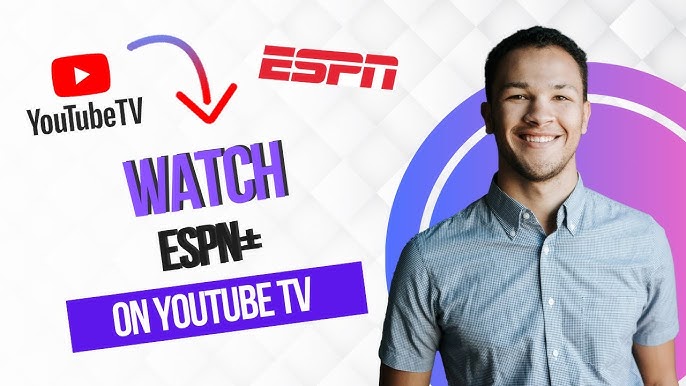In one of the most stunning upsets of the 2025 college football season, the Louisville Cardinals delivered a master class in opportunistic defense and smart execution to knock off the No. 2-ranked Miami Hurricanes 24–21 on Friday night in Miami Gardens. It wasn’t just a win it was a seismic shift: Louisville intercepted four passes from Miami’s quarterback, Carson Beck, the most turnovers he’s thrown in a game in his college career. Those picks proved to be the difference in a tightly contested game that also snapped Miami’s 10-game home winning streak.
From the moment the Cardinals took the field, something felt off for the Hurricanes. Louisville jumped out to a fast 14-0 lead with two early touchdown drives, forcing Miami into a reactive posture rather than their usual confident, dominant mode. Meanwhile, Louisville’s defense made play after play, turning what should have been an offensive showcase for Miami into a roadblock of frustration. Miami’s rushing attack, typically a strength, was held to just 63 yards on 24 carries a number nearly unthinkable for the home team.
For Louisville, the night was more than just a win; it was a statement. With this victory at Miami’s home turf, the Cardinals not only secured a marquee win that will define their season, they did so by rewriting history. Entering the game, Louisville had been winless in true road games against Top-10 opponents (0-18), and had only beaten a top-2 team once before (a 2016 victory over Florida State). But on this night, in front of Miami’s raucous home crowd, they executed an upset worthy of every underdog story ever told.
For Miami’s part, the loss raises questions. How did a team that had looked so steady through the first half of the season suddenly falter so significantly? What went wrong in terms of execution, decision-making, and preparation? Head coach Mario Cristobal called it “not good enough” after the game, acknowledging that Miami didn’t coach, execute or adjust at the level required. The Hurricanes were striving to build on their legacy, to assert themselves once again among the national elite, and just like that, the rug was pulled out.
The tale of the night breaks down into a few key chapters Louisville’s blistering start, Miami’s effort to climb back, the pivotal turnovers, and the closing minutes that sealed the Cardinals’ victory. Let’s walk through each of those, analyze what worked and what didn’t, and explore what this result means for both programs as they move forward.
A Drive-By Start by Louisville
From the opening whistle, Louisville made clear they weren’t aiming simply to play in Miami they came to take over. On their very first possession, they mixed in a fake field goal, a gadget play, and a rushing touchdown on short yardage to take a 7–0 lead. The crowd might have expected Miami to settle into its usual rhythm, but the Cardinals forced the pace and disrupted the rhythm of the Hurricanes.
Their second drive only compounded Miami’s troubles. Louisville efficiently marched, mixed their play-calling, and scored again to move ahead 14–0. Suddenly, what had looked like Miami’s house, where they had been dominant, was in disarray. The Hurricanes found themselves trailing on their home field, a scenario that rarely had played out in recent memory. From there, Louisville’s defense kicked into its best gear, applying pressure and confusing Miami’s offense into mistakes; most notably, the intercepts by Louisville’s secondary began to accumulate.
It wasn’t just the scoreboard that defined the start it was the tone. By grabbing the early lead, Louisville forced Miami into a position of risk. Instead of controlling the tempo, the Hurricanes were scrambling, answering, and reacting. Louisville thrived in that dynamic.
Miami’s Attempted Comeback
If the first half belonged to Louisville, the second half bore witness to Miami’s fight. The Hurricanes did not wilt. Quarterback Carson Beck, despite the interceptions, still completed 25 of 35 passes for 271 yards according to stats from the game. Miami’s receivers made plays. One standout: Malachi Toney tallied nine receptions for 135 yards and scored on a 12-yard rushing touchdown.
In the fourth quarter, Miami closed the gap. After Louisville extended the lead with a touchdown catch with about 13:27 left, the Hurricanes got back into the game through the play of Toney (run) and a 2-point conversion he threw himself suddenly it was 24–21 and the atmosphere became electric. More importantly, Miami had another opportunity they drove into field-goal range late in the game. The final drive offered a chance to tie or win, and the stage was set for a hero moment.
But that opportunity became the heartbreak of the evening when, with 32 seconds left and the ball at the Louisville 30, Beck’s fourth interception sealed the outcome. The Hurricanes’ comeback attempt was ended cold by one final, devastating defensive play from Louisville.
The Turnovers and Defensive Mastery
The turnover margin in this game is what ultimately separated the winner and loser. Louisville’s four interceptions were the story. For Beck, these were career-high turnovers, the first time he threw that many in a game.
Louisville’s defense came in with the No. 1 defensive ranking in the ACC, and they lived up to it on the biggest stage yet. Miami’s rushing game was stifled to 63 yards on 24 attempts, dismal for a program that advertises balance and physicality. The secondary made plays in key moments; the final pick by TJ Capers at the Louisville 30 turned out to be the dagger. But it wasn’t purely the interceptions it was the way Louisville disguised looks, changed pace, and forced the Hurricanes to make uncomfortable throws. They used a range of tactics: fake field goals, trick plays, and reversing roles. It kept Miami off balance. Reflecting afterward, Louisville coach Jeff Brohm remarked, “This is what college football is all about every week is going to be a contest down to the very end, no matter who you play.”
For Miami, the failures were glaring. The offense could not recover from bad starts. The rushing game never got going. The audible solutions and adjustments seemed absent as the Hurricanes tried to chase the game. When you’re trailing early, you need your offense to bail you out but Miami couldn’t.
Big-Picture Implications
What this game means for both programs cannot be overstated.
For Louisville, this is potentially a turning point. A win like this, on the road, against a top-ranked opponent, with historical odds stacked against them 0-18 in true road Top-10 matchups, for instance, marks the kind of breakthrough moment that can define a season. They demonstrated that they can win the big one on the grand stage, and the confidence derived from this will ripple through the rest of their schedule.
For Miami, the ramifications are more sobering. A 10-game home winning streak is ended. A young quarterback in Carson Beck now carries the blemish of four turnovers in a marquee game. The rushing attack failed. In many ways, this game exposed vulnerabilities: that when Miami falls behind, they have trouble climbing back; that the margin for error is thin; that expectations are high and so are the consequences.
From a conference perspective (the ACC), this result tosses a wrench into the pecking order. A top contender losing at home reshapes the narrative not only for Miami but for the rest of the league: opponents smell blood, media perception shifts, rankings will reexamine the Hurricanes, and Louisville will rise in the polls.
Why This Will Be Remembered
Many big games are about offense, or about lightning-in-a-bottle moments. This one will be remembered because it featured unforced errors by a vaunted program, strategic brilliance by an underdog, and a finish that hinged on a turnover with 30 seconds left. The contrast between the two teams that night could not have been sharper.
What makes it even more remarkable is the venue. The Hurricanes’ home stretch has been a place of dominance; most visiting teams come in expecting long nights. Louisville flipped that script. The atmosphere, the crowd, the expectations they all weighed in Miami’s favor. Yet Louisville held their composure and executed the game plan.
The Road Ahead
For Louisville, the horizon is brighter now. They head into their next game riding high, with belief and momentum. But with great wins come greater expectations. The rest of the season will bring its own pressure, as every team will now look at Louisville differently. They must remain grounded and build on this performance, not rely solely on it.
For Miami, recovery begins now. The loss stings, and that’s appropriate. They must address the fundamentals: limiting turnovers, getting the rushing game going, and adjusting to the game flow when they fall behind. October isn’t over yet, and how the Hurricanes respond will tell us much about the character of this team and program.
Carson Beck, with his big night statistically in yardage but disastrous in throws, will need to learn from this. As will the Miami coaching staff. The margin between the elite and the rest is narrow; this game exposed that. The Hurricanes will have to dig deep, correct course, and refocus on what made them succeed the first five weeks.
In the end, this game will live in the memory of college football fans as one of those nights where the underdog rose, the favorite faltered, and the drama unfolding in the final minute sealed the narrative. Louisville turned opportunity into triumph, Miami faced a humbling defeat, and the college football world took note.

